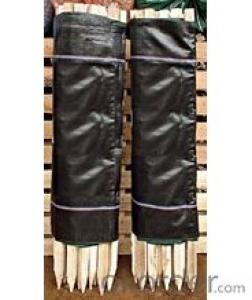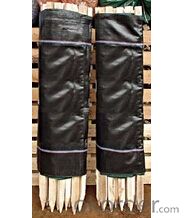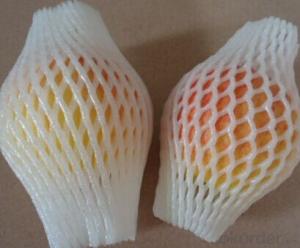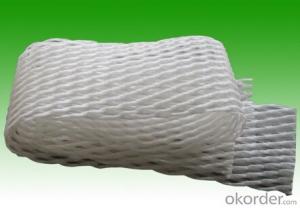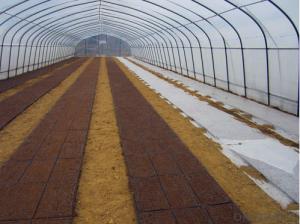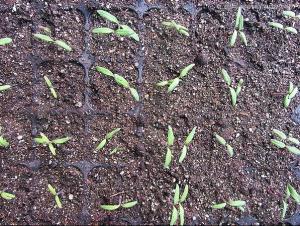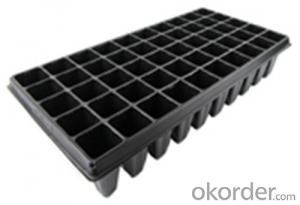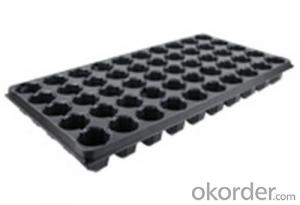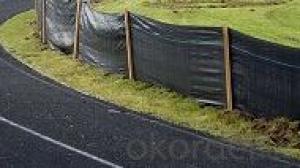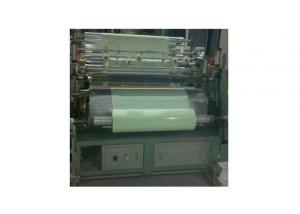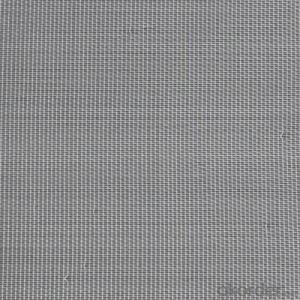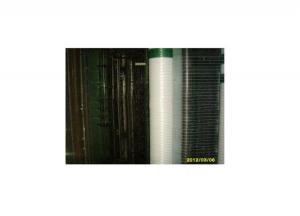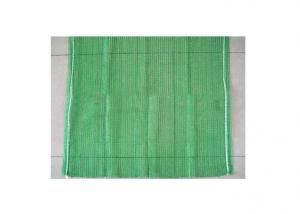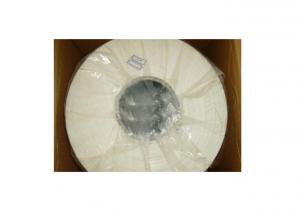Black silt fence with wood stack
OKorder Service Pledge
OKorder Financial Service
You Might Also Like
Specification :
- Material-Polypropylene
- Weight : from 50/ 60/ 70gr/sq.m to 200gr/sq.m
- Weaving condition: 10x10/sq.inch, 12x12/sq.inch, 18x11/sq.inch, 24x12/sq.inch
- Black color with colored identification thread at each salvage
- UV treated
Application :
1) Silt Fence:
- Water-run off and sediment control
2) Weed Control Mat :
- Inhibits weed growth
- Allow soil to breath/Water to permeate
3) Other application (Ground cover/ Geotextile sheet etc.) of PP woven fabric also available
Roll Size :
- Width : 0.91m(3feet), 1,82m (6feet) Maximum 4.5m (14.76feet)
- Length : 10m,50m,100m
- Various roll size available according to customer’s request
Packing : Export standard roll packing with paper core
Our products have been exported to all over the world. We have been committed to providing customers with quality products and good service, we sincerely hope that we can have a long-term cooperation with you.
All of different specifications of PP/PE tarpaulin are available.
- Q: Already know they put plastic around your bones, but how does it make your bones move and how long does it take? Entire process please!
- plastic surgery can include lots of entirely different procedures. For example: Nose Job - Dr Breaks your nose, and then sets it in a new, more cosmetically pleasing position Implants Breast/ Cheek / Chin / Butt - Silicone implants to change the shape of your face Liposuction - Fat literally pumped out of your body
- Q: How does ground cover help prevent erosion?
- Ground cover helps prevent erosion by providing a protective layer that shields the soil from the impact of rainfall and runoff. The roots of ground cover plants bind the soil together, making it more resistant to erosion caused by wind and water. Additionally, ground cover slows down the flow of water across the soil surface, reducing the velocity and force of runoff and allowing more time for water to infiltrate into the ground. This absorption of water by the ground cover plants helps to retain moisture in the soil, preventing it from drying out and becoming more susceptible to erosion.
- Q: How do agricultural plastic products help with soil compaction prevention?
- Agricultural plastic products, such as mulch films and silage bags, help with soil compaction prevention by providing a physical barrier between the soil and external factors. The plastic films create a protective layer, reducing the impact of heavy machinery or foot traffic on the soil surface. This prevents the soil particles from being compressed and compacted, allowing for better water infiltration, root development, and overall soil health.
- Q: Can nursery trays be used for grapevine propagation?
- Yes, nursery trays can be used for grapevine propagation.
- Q: What are the different types of plastic trays used in agriculture?
- There are several types of plastic trays used in agriculture, including seedling trays, propagation trays, nursery trays, and horticultural trays. These trays are designed to provide a controlled environment for planting and nurturing seeds, cuttings, and young plants. They come in various sizes and designs to suit different crops and cultivation methods.
- Q: Can ground cover plants be used to create a low-maintenance landscape?
- Yes, ground cover plants can certainly be used to create a low-maintenance landscape. Ground cover plants are known for their ability to spread and form a dense mat, which helps suppress weed growth and reduce the need for regular maintenance. They also require less watering, as their close foliage helps retain moisture. Additionally, ground cover plants can provide erosion control and contribute to the overall aesthetics of the landscape, making them an excellent choice for those seeking a low-maintenance yet visually appealing outdoor space.
- Q: is using plastic ecologically sound ?what is the need of using plastic bags and how can we reduce the amount of garbage?
- yes, some plastics are degradable over 5-10 years. You can reduce garbage (waste) by being conscious of how much of it you buy in the first place. For instance: Canned carrots have a metal can to deal with. Frozen carrots have a wax-coated paper box or plastic bag to deal with. Fresh carrots offer no waste at all except the tops which are fully degradable. Use fewer paper products - no paper napkins, no paper towels. Recycle your mail into recycling bins, or buy a cheap shredder and use shredded mail to send packages in. Carry a reusable tote to do your grocery shopping with. Recycling opportunities are everywhere if you seek them
- Q: How do agricultural plastic products help with soil aeration?
- Agricultural plastic products, such as mulch films and row covers, can help with soil aeration by creating a protective layer that prevents compaction and promotes air circulation in the soil. This allows roots to easily access oxygen, resulting in improved plant growth and overall soil health.
- Q: If you can, tell how each plastic looks like.
- Thermo Plastics (soften when heated): Polyethylene, Polyvinyl chloride, Polypropylene, Polystyrene, Polyethylene terephalate, Acrylonitrile butadiene styrene, Polymethyl methacrylate, Polyamide. Thermosetting Plastics (release heat as they harden): Polyurethane, Phenolic, Melamine-formaldehyde, Urea-formaldehyde, Polyester, Epoxy. There are the names of 14 plastics I could remember. I have no idea how to figure out which are the six most popular. Perhaps you should do a search on each one, with an additional parameter to narrow the search. For example, Polyethylene+ global-annual-production Don't use the quotation marks; no space before but one space after the plus; no spaces before or after the hyphen. Once you know the global annual production of each type, you could rank them in order and find the most popular types. Why do teachers ask such idiotic questions? They sound so easy, but finding the true facts is always nearly impossible. Why couldn't they just say, Name six common plastics. Oh well, it's your problem, not mine. Oops! Forgot the last part of the question. It is generally impossible to describe the appearance of a particular type of plastic. Their names refer to the chemical structure of their molecules and their appearance depends largely on techniques used during manufacture. Another idiotic teacher question, hopelessly vague and nearly impossible to answer. Again, it's your problem. Bye....................
- Q: What are some ground cover options for hot, dry climates?
- Some ground cover options for hot, dry climates include drought-tolerant plants such as succulents, creeping thyme, Mexican evening primrose, gazania, and lantana. These plants have adapted to survive in arid conditions and require minimal water.
Send your message to us
Black silt fence with wood stack
OKorder Service Pledge
OKorder Financial Service
Similar products
Hot products
Hot Searches
Related keywords
